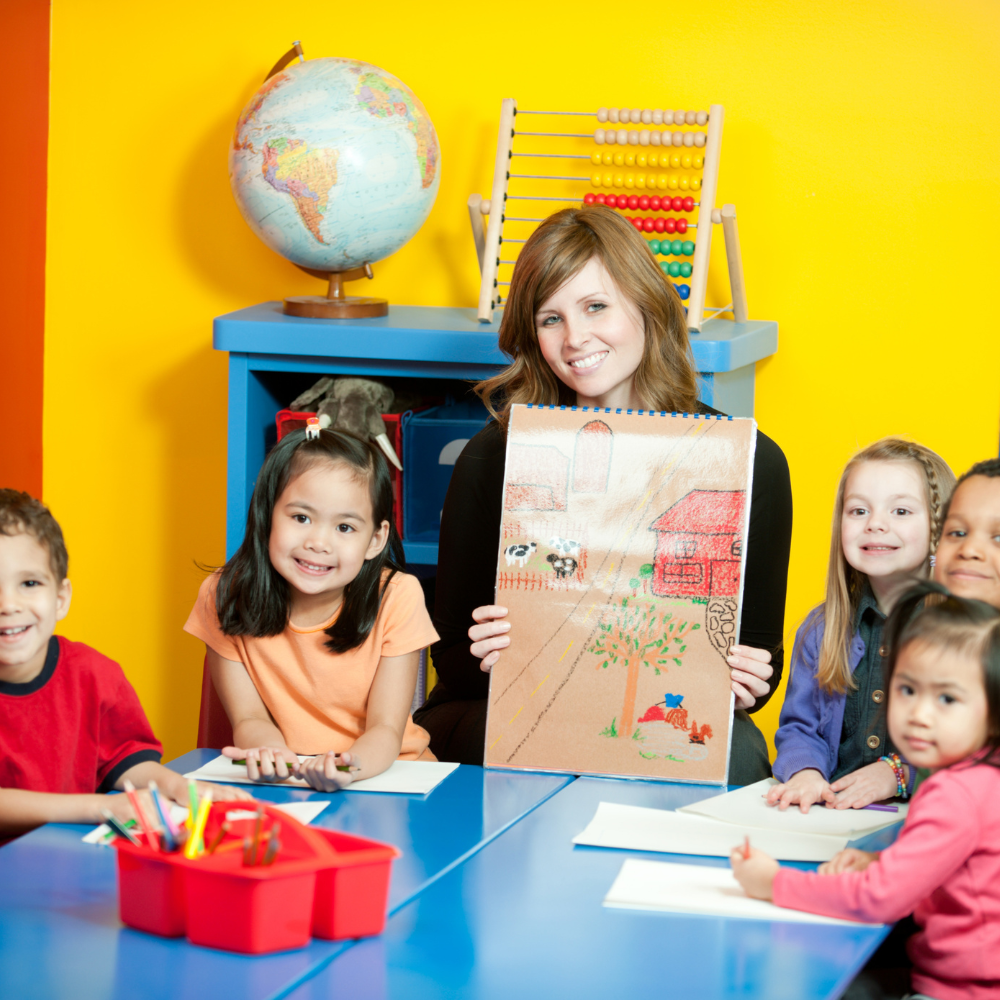Ensuring the safety and well-being of infants in childcare programs is of paramount importance. As caregivers and educators, it’s our responsibility to create environments that promote safety, security, and healthy development for the youngest members of our community. In this guide, we’ll explore some key considerations for prioritizing infant safety in childcare programs.
Creating a Safe Environment
- Safe Sleep Practices: Infants should always be placed on their backs to sleep, on a firm mattress with no soft bedding or toys. Ensure cribs meet safety standards and are free from hazards such as loose or missing hardware.
- Supervision: Infants require constant supervision to ensure their safety. Caregivers should be vigilant and attentive at all times, especially during activities such as feeding, diapering, and playtime.
- Safe Play Areas: Designate safe play areas for infants that are free from hazards such as sharp objects, small toys, and cords. Use age-appropriate toys and equipment that are free from choking hazards.
- Hygiene Practices: Maintain strict hygiene practices, including regular handwashing and sanitizing of toys, surfaces, and equipment. Follow proper procedures for diaper changing and disposal to prevent the spread of germs and infections.
Health and Wellness
- Immunizations: Ensure all infants in the program are up-to-date on their immunizations according to recommended schedules. Immunizations help protect infants from serious and potentially life-threatening diseases.
- Health Monitoring: Monitor infants for signs of illness or discomfort and communicate promptly with parents or guardians if any concerns arise. Follow proper protocols for illness prevention and management in the childcare setting.
- Nutrition and Feeding: Provide nutritious meals and snacks that meet the dietary needs of infants. Follow safe feeding practices, including proper preparation, storage, and serving of food to prevent choking and foodborne illnesses.
Emergency Preparedness
- Emergency Plans: Develop comprehensive emergency plans that outline procedures for various scenarios, including medical emergencies, natural disasters, and evacuations. Ensure all staff members are trained in emergency protocols and know their roles and responsibilities.
- First Aid and CPR Training: Ensure that staff members are trained in first aid and CPR techniques specific to infants and young children. Regularly review and practice emergency procedures to maintain readiness.
- Communication with Families: Keep parents or guardians informed about safety practices, policies, and procedures related to their child’s care. Establish open lines of communication to address any questions or concerns they may have regarding their child’s safety and well-being.
By prioritizing infant safety and implementing comprehensive safety measures, childcare programs can create nurturing environments where infants can thrive and reach their full potential. Remember, every decision made in the best interest of infant safety contributes to creating precious memories of a safe and loving early childhood experience.
At Precious Memories, we’re devoted to creating a warm, supportive, and safe space where babies can explore, absorb, and thrive. We understand the crucial impact of early interactions on future achievements, and we’re fully dedicated to providing every child under our wing with the best start for their journey of growth and learning. Reach out to us now to discover more!







